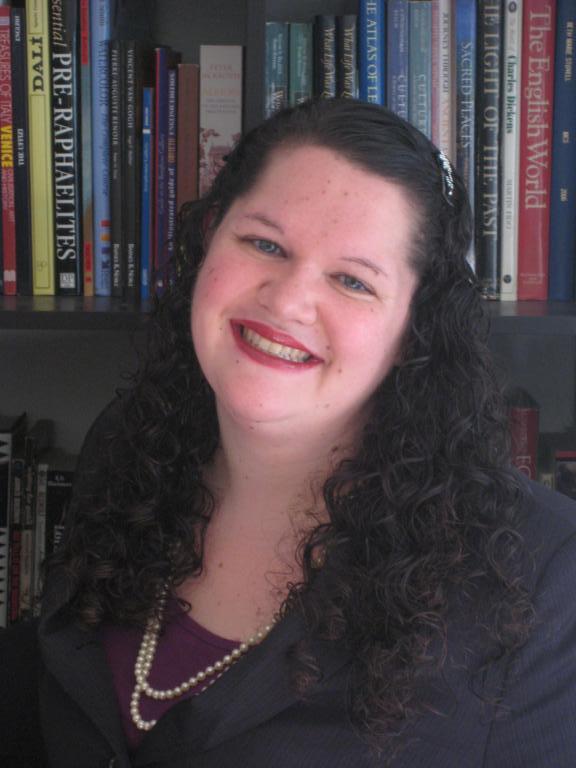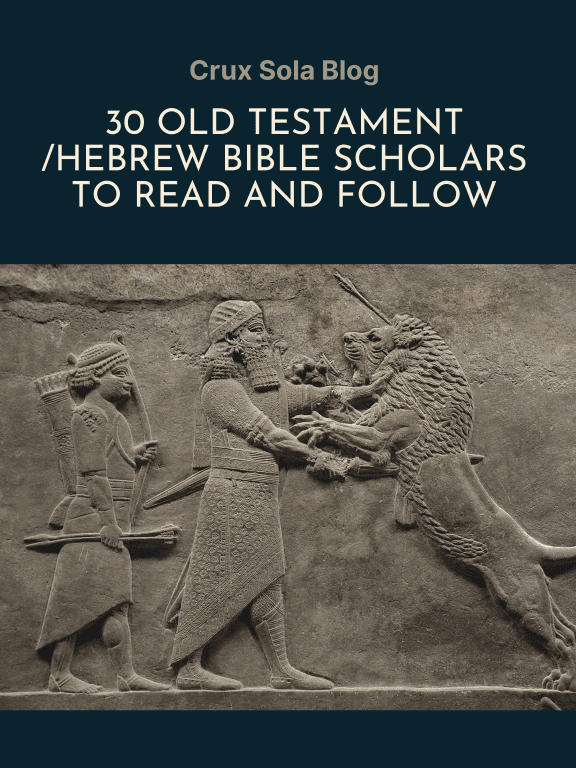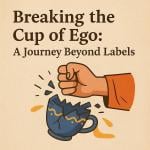30 Old Testament/Hebrew Bible Scholars to Read & Follow
Beth M. Stovell, Associate Professor of Old Testament and Chair of General Theological Studies at Ambrose Seminary of Ambrose University

Why do you love teaching and researching about the OT/HB?
The Old Testament is full of depth and richness in its themes, imagery, and theology. I appreciate teaching the Old Testament in a Seminary context because I find that many of my students are either nervous about aspects of the Old Testament or wonder about its continuing relevance. I love training pastors and leaders to think deeply about the Old Testament’s continuing significance for their lives, the life of the Church, and for the world. Researching the Old Testament (alongside the New Testament as I do) allows me to explore new approaches to studying biblical questions. My work tends to move between the Old and New Testaments by exploring how imagery develops across the Old Testament itself, across the Second Temple period, and into the New Testament.
My research spans from peer-to-peer scholarship to writing articles and books for popular audiences (Christianity Today, Bible Study Magazine). I do this because I believe all of these kinds of research for the Old Testament help others to grow and flourish. My peer-to-peer research adds to the scholarly field of biblical studies. My graduate and undergraduate level work provides opportunities for students to grow in their knowledge of the Old Testament. My popular level work targets the everyday person who wants to understand the Old Testament better.
What is one “big idea” in your scholarship?
Who is one of your academic heroes and why do you admire them?

What books were formative for you when you were a student? Why were they so important and shaping?

Read Stovell’s Work
Biblical Hermeneutics: Five Views (co-edited with S.E. Porter)
Making Sense of Motherhood: Biblical and Theological Perspectives














